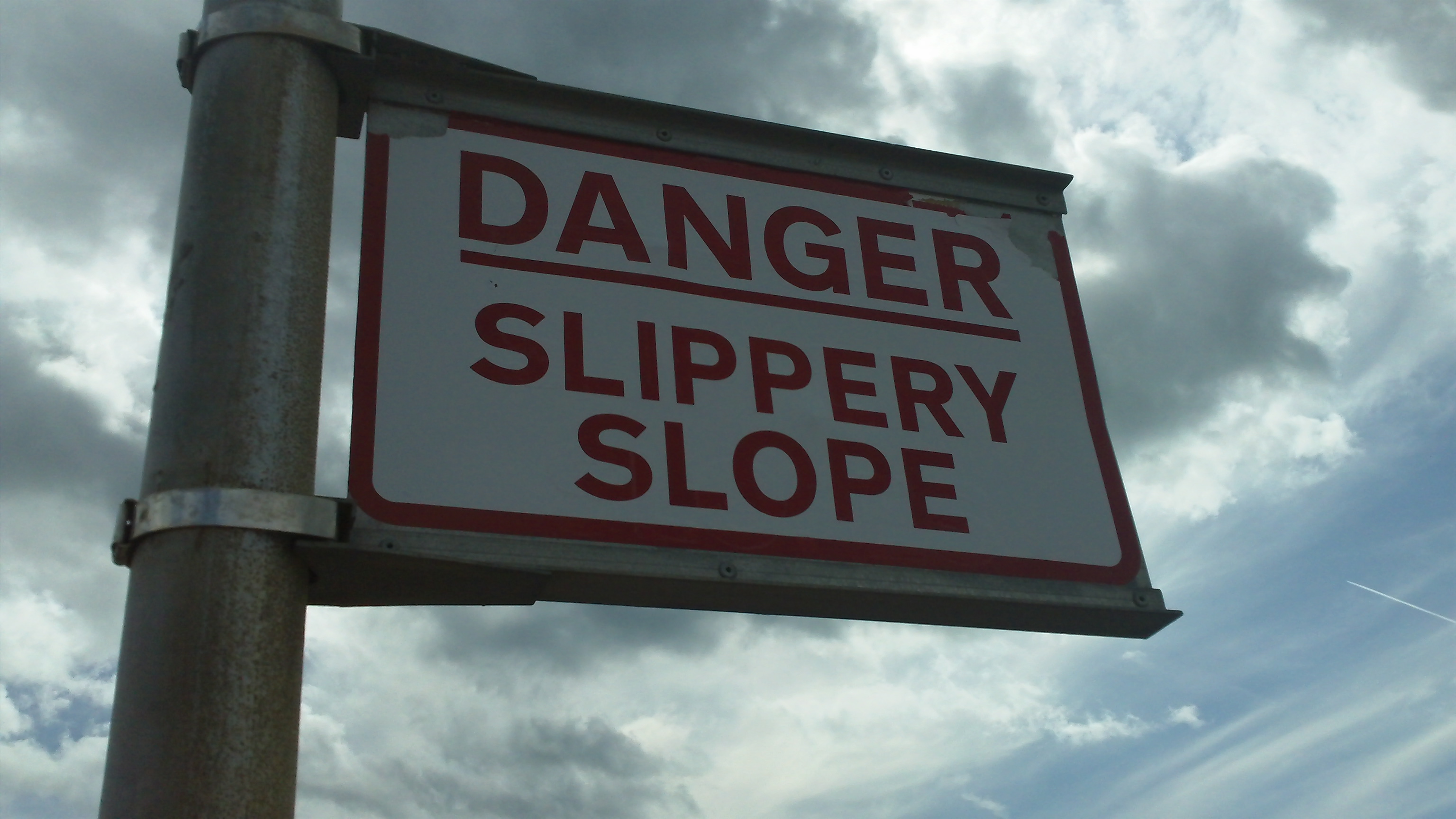Testing shell scripts
This bug report highlights the potential dire consequences of undefined variables in Shell scripts.
In summary this command:
rm -rf "$VAR/" *
is intended to delete all files under the $VAR directory. However if $VAR is left undefined, then what is executed is:
rm -rf *
... which will delete all files in the current directory and subdirectories. oops.
It's somewhat paradoxical that Shell scripts are frequently used to drive mission-critical activities such as starting/stopping processes, copying, moving and deleting files... and yet these scripts are error-prone, often hard to read and always hard to test.
Mitigations
Being at the mercy of a buggy shell script is not fun. Thanksfully there are ways to prevent disaster from happening.
1- Add "set -eu" to the script.
"-e" causes the script to terminate if any command fails.
"-u" causes the script to terminate when it encounters an unbound variable.
One additional line of code which will save lot of trouble... should be mandatory on top of every script.
2- Check if the variables are set before use
[[ "$VAR" ]] && rm -rf "$VAR/*"
It's not foolproof though as it wont prevent failure due to typos in the variable name.
3- Use a unit test framework
Yes shell scripts have their unit-test frameworks too, see Roundup
or ShUnit.
4- Use a (real) programming language
Drop the shell interpreter bash/zsh... and replace with Python, or Perl, or Groovy. Programming languages have much better support for functions, variable scoping, conditionals, string handling ...etc. compared to a shell script. The idea is to avoid shell scripts save for the simplest tasks, and use a programming language to handle any kind of elaborate control logic (anything less complex than a pair of if/else statements).
